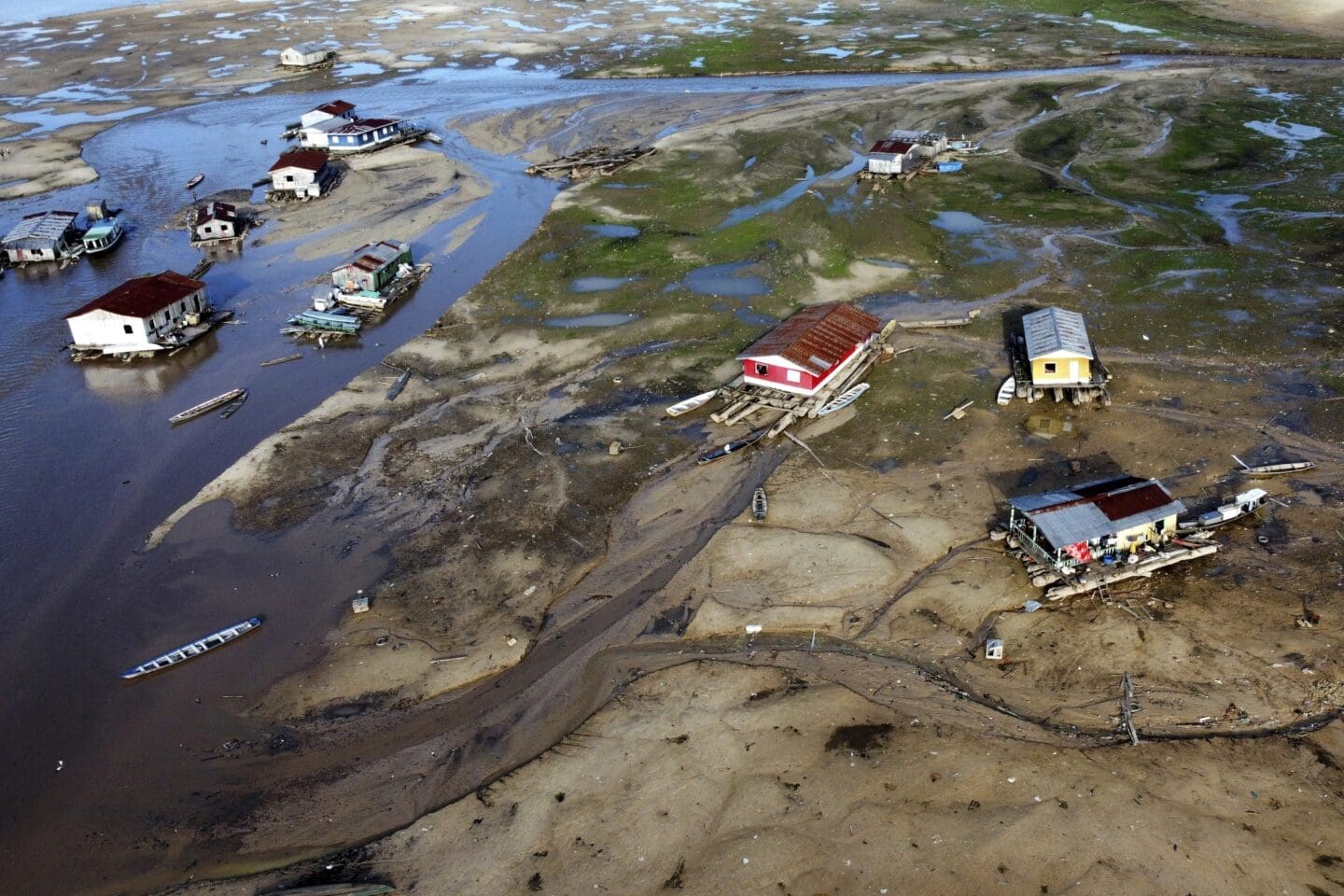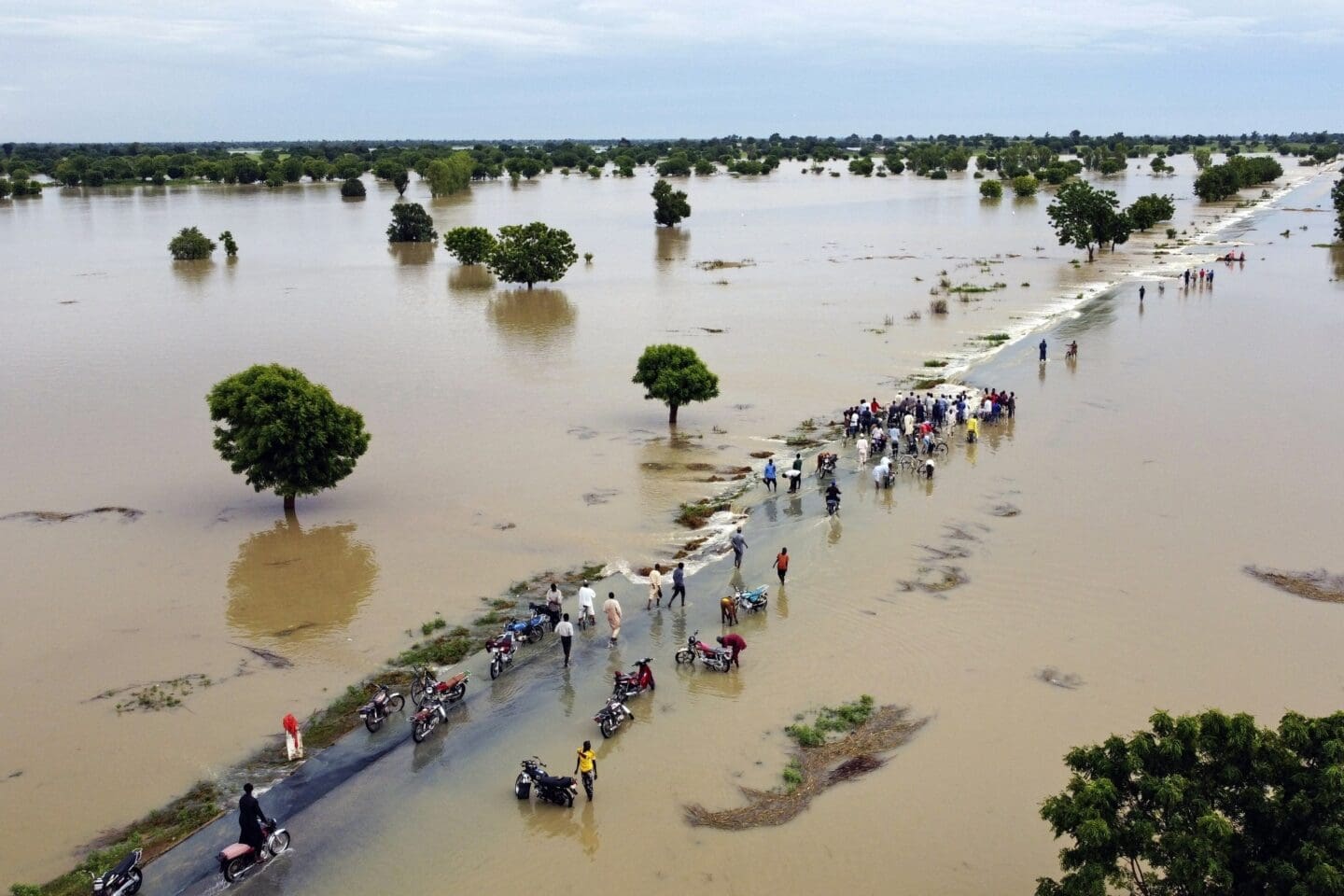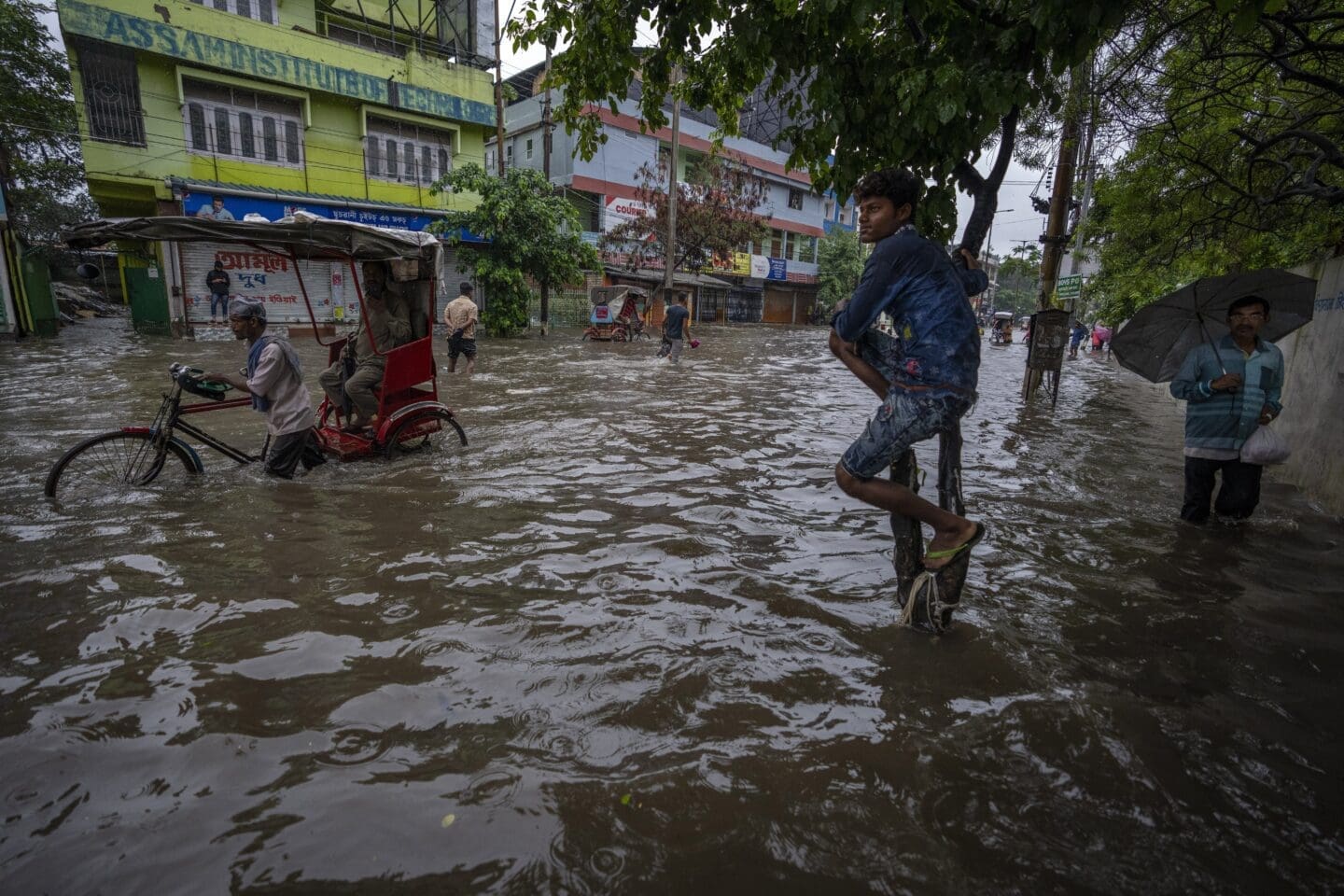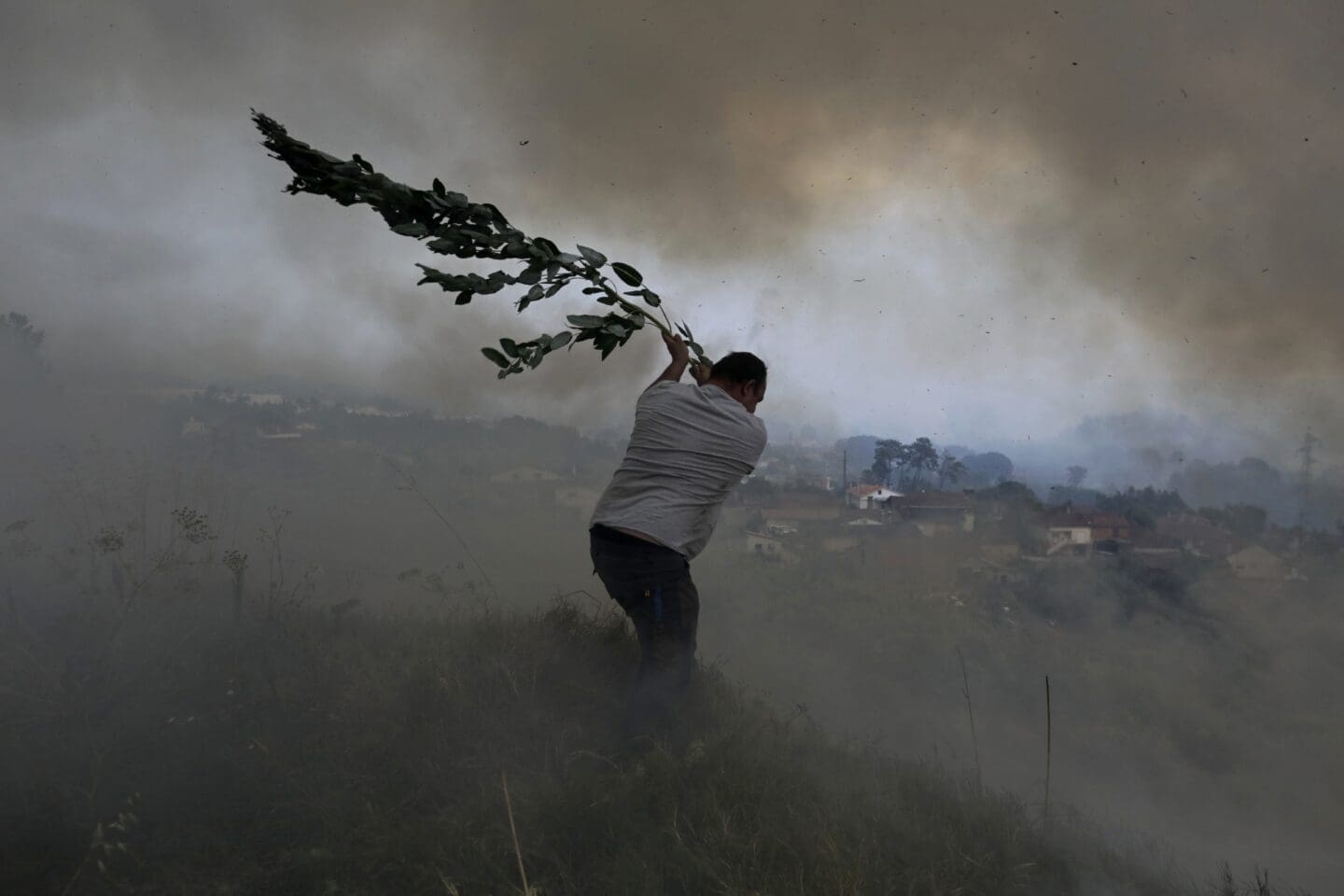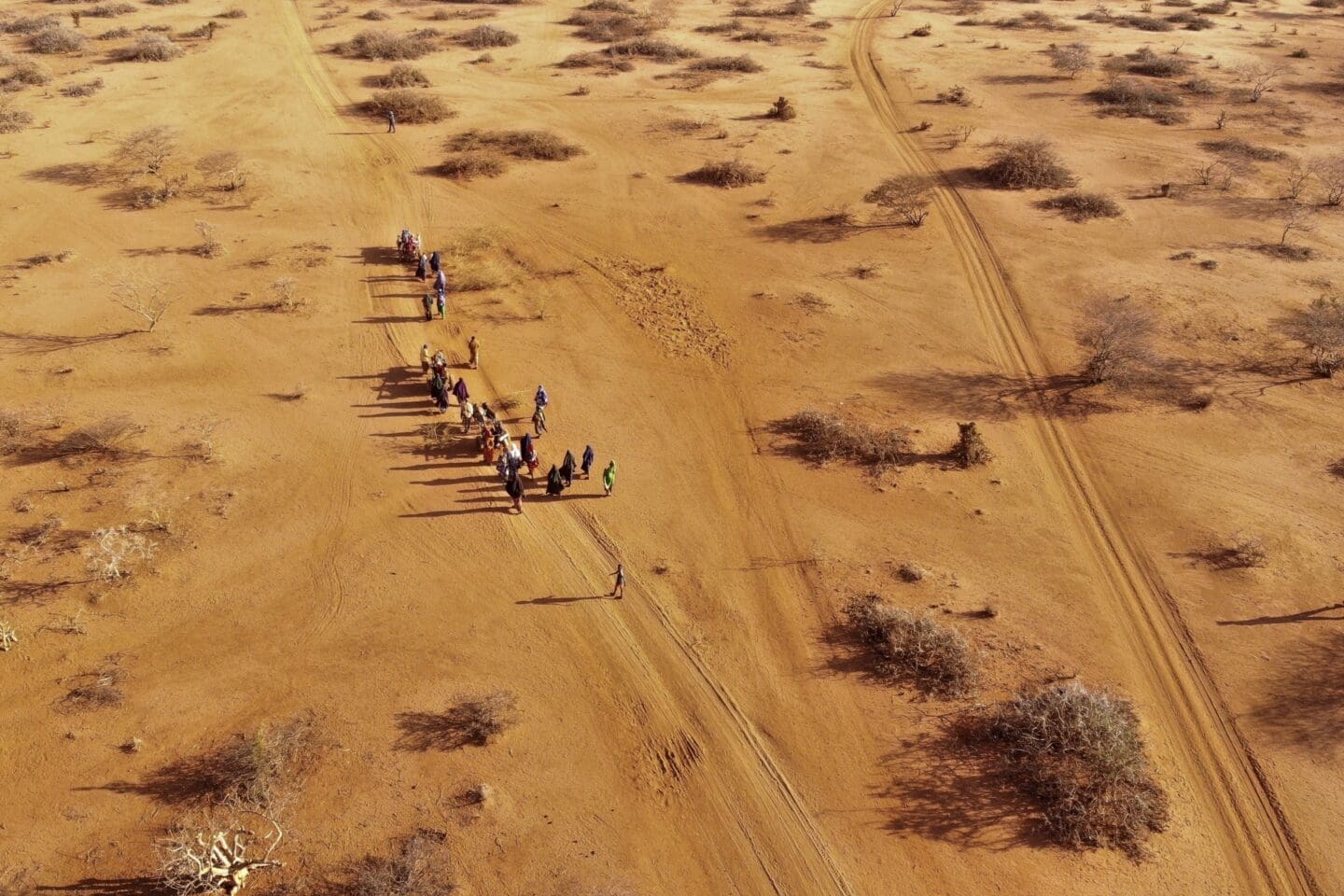The project fits into The Rockefeller Foundation’s overall strategy to amplify and highlight reporting and research on the economic and environmental effects of climate change, and the potential solutions.
From two fulltime journalists covering climate a year ago, the organization now employs 21 climate-focused reporters, photographers and videographers in Europe, Africa, India, the Amazon and the United States.
“Showing people real-life examples of climate migration helps raise their understanding of what rising temperatures mean,” Nordgren said. “And if people aren’t paying attention to what their national and global leaders are doing on this issue, we are at risk as human beings.”
The reporters will also be focused on technology innovations that are making a just, sustainable energy transition possible, including distributed renewable energy.
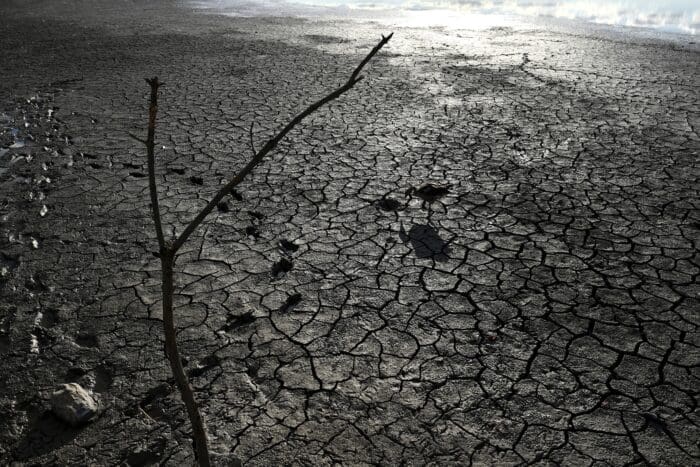
Recognition is growing that providing fact-based reporting and education for climate funders, policymakers and the general public will be key to accomplishing climate-focused agendas.
Education and awareness are needed to encourage people to change their attitudes and behaviors and make informed decisions, the United Nations has noted. Even the language used around climate change issues can help engage people to meet the crisis.
The U.N. Framework Convention on Climate Change and the Paris Agreement call on governments to educate, empower and engage stakeholders on climate change, and UNESCO has been working to make public education a more central and visible part of the international response.
Training Others Globally
For the AP, philanthropic funds also helped support the launch of a pilot project with Press Trust India, India’s largest news agency, to train their reporters so they can build capacity for their own climate reporting. If it is successful, AP plans to extend the program to other clients in critical but underserved locations.
“We are trying to build capacity not just in the AP but with our clients,” said Daniel Mejia, the AP’s Climate and Environment Program Manager. “We see this as very much part of our mission: supporting the ecosystem worldwide.”
Digging Deep to Report on Climate Impacts
Founded in 1846 as a non-profit news agency, the AP operates as a cooperative and produces news reports that are distributed to its members, primarily U.S. newspapers and broadcasters.
One highlight of the Climate Desk work so far is the collaboration last year between the AP and six other news organizations to examine the impact of the Colorado River water use pact on its 100th anniversary, Nordgren noted.
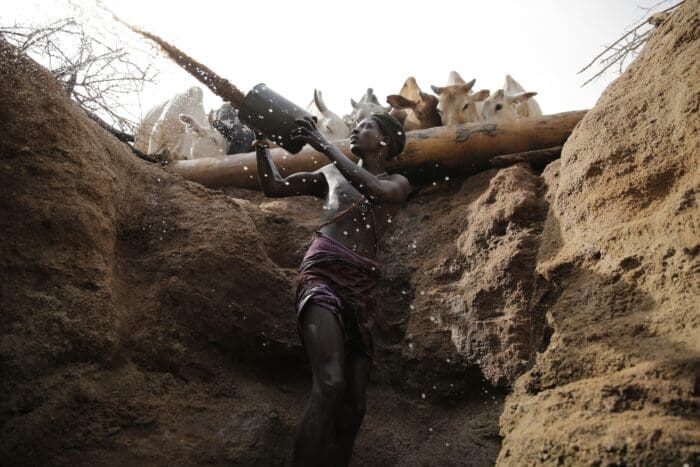
Lake Powell has dropped to historically low water levels, raising concerns about its future ability to produce hydropower that serves 15 million customers in Arizona, California, Colorado, Nevada, New Mexico, Utah and Wyoming. It’s one of many examples that show how the river is in peril.
“In 100 years, things have changed significantly in terms of what is needed and what ought to happen,” Nordgren said. “The collaboration, which looked at the river from all angles, got the attention of water managers in the West, and the AP was invited to speak about the coverage at the Colorado River Water Users Association, an annual gathering of policymakers and other river stakeholders.”
The AP is also proud of its work on fact-checking green claims made by organizations or corporations.
“One of our first hires was an accountability reporter who does a lot of work around greenwashing,” Nordgren noted. “It’s very easy to say we’re a music festival, for instance, and we are totally green this year. But what does that mean? This hire gives us a good ability to dig deeper.”
Synchronistic Goals Line Up Behind the AP Climate Desk
The Rockefeller Foundation and other philanthropists have a unique role in helping to align and combine resources to create more resilient, sustainable and just societies. Recently, philanthropy has done even more to support media organizations on everything from local reporting to investigative journalism, as revenue streams have hit a drought or dried up entirely.
Supporting the AP’s climate desk dovetails with The Rockefeller Foundation’s recognition of climate change as a singular threat to humanity, as well as our non-partisan, fact-based approach. We know no single grant is going to have the necessary impact on its own, and we need an entire arsenal of weapons to fight climate change.
“Foundations have their own missions,” Nordgren said. “While the AP is adamantly not an advocacy news organization, there is a lot of overlap we see in terms of educating on and elevating issues in people’s minds.”
